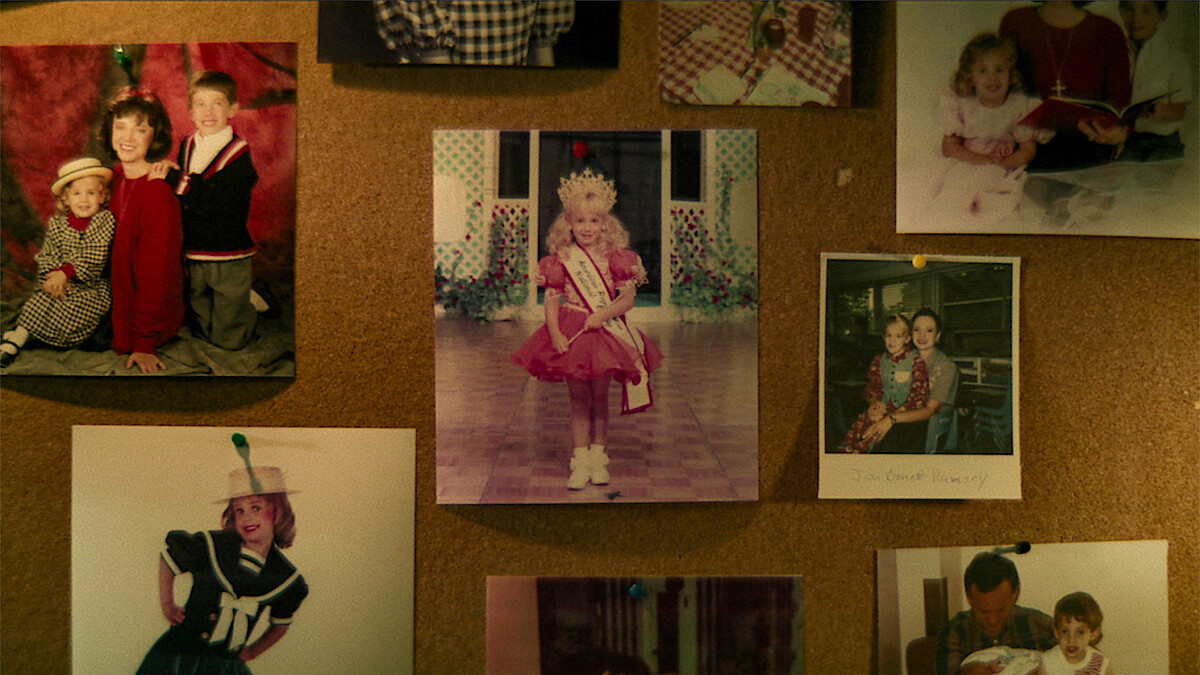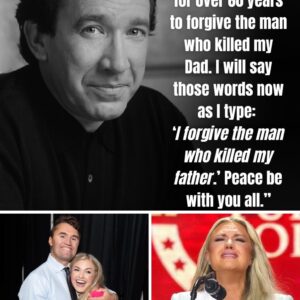Nearly three decades after the tragic death of JonBenét Ramsey, the six-year-old beauty queen whose murder haunted both Boulder, Colorado and the nation, 2025 has ushered in a wave of hope that justice may finally be within reach. In a year marked by leaps in forensic technology, investigators are applying cutting-edge DNA analysis to dozens of items from the original crime scene—a move that could transform one of America’s most infamous cold cases into a story of resolution.

JonBenét’s death on December 26, 1996, stunned the world and spawned countless theories, documentaries, and debates. The details—her body found in the basement, a mysterious ransom note, conflicting evidence—became the stuff of true crime legend. But for her family and the Boulder community, it was never just a story. It was a wound that refused to heal, a mystery that cast a shadow over every Christmas since.
Now, in 2025, the case has gained new momentum. The Colorado Bureau of Investigation, working closely with Boulder Police, has launched one of the most ambitious evidence retesting initiatives in the case’s history. The focus is on DNA—those tiny, stubborn traces left behind in a world before forensic science could unlock their secrets. Back in the late ’90s, DNA analysis was in its infancy. Today, it’s a tool capable of extracting meaning from samples once deemed useless, and it’s being used to re-examine everything from clothing to the infamous ransom note.
What makes this moment so significant isn’t just the technology—it’s the renewed partnership between JonBenét’s family and law enforcement. For years, the Ramseys were critical of the investigation, frustrated by a lack of communication and the initial mishandling of the crime scene. But in 2025, John Ramsey, JonBenét’s father, has publicly expressed confidence in the current leadership and optimism about the new DNA testing. He’s inspired by recent successes in other cold cases, like the Gilgo Beach murders, where advanced forensic techniques cracked mysteries that seemed unsolvable. For the first time in nearly 30 years, John Ramsey believes the answers to his daughter’s murder might finally be within reach.
The Boulder Police Department, too, has made it clear that solving JonBenét’s murder remains a top priority. Police Chief Steve Red recently reaffirmed, “JonBenét’s murder was an unspeakable crime, and this tragedy has never left our hearts. We are committed to following every lead, and we are continuing.” It’s a message that resonates not just with the Ramsey family, but with a community that’s lived under the shadow of the case for generations.

Yet, the optimism is tempered by the realities of forensic science. Much of the DNA collected in 1996 was compromised—preservation protocols were less sophisticated, and the passage of time has not been kind to fragile samples. Investigators are working methodically, keeping details under wraps to avoid jeopardizing the process. For the public and the media, hungry for answers, this secrecy can be frustrating. But for those closest to the case, it’s a necessary step to ensure that any breakthrough will be sound, reliable, and—most importantly—admissible in court.
Media coverage and recent documentaries have reignited interest in the case, pushing for greater transparency and keeping JonBenét’s story in the national conversation. This pressure is a double-edged sword: it maintains public attention and can generate new leads, but it also risks creating unrealistic expectations about how quickly results might come. Still, the renewed collaboration between the Ramseys and investigators marks a dramatic shift from the tension and mistrust that characterized much of the past.
What sets 2025 apart from previous attempts to solve the case is the sophistication of the available DNA technologies. Techniques like degraded DNA analysis, genetic genealogy, and next-generation sequencing offer possibilities that simply didn’t exist when JonBenét was murdered. Low-copy number DNA analysis, mitochondrial DNA sequencing, and Y chromosome analysis are now routine, capable of pulling clues from the faintest traces. Sources close to the investigation have told ABC News that progress is being made, though details remain confidential.
Perhaps the most promising avenue is genetic genealogy, which has revolutionized cold case investigations nationwide. By comparing DNA from the crime scene with public databases, investigators can build family trees and identify potential suspects through distant relatives. The Golden State Killer case is the most famous example, solved after decades thanks to this method. But applying genetic genealogy to JonBenét’s case isn’t simple—the quality and quantity of DNA evidence, plus the high-profile nature of the crime, require a careful, methodical approach. Investigators are determined to avoid false leads or compromised results.
The intersection of old evidence and new science is at the heart of the current investigation. When JonBenét was murdered, the human genome hadn’t been fully sequenced, and many forensic techniques were experimental. Today, those same methods are routine, and the potential for breakthroughs is real. The meticulous, sometimes painstaking work being done in Boulder is a testament to how far forensic science has come—and how much hope it can offer to families waiting for answers.

For the Ramsey family, the past 29 years have been marked by grief, suspicion, and relentless advocacy. Their determination to seek justice for JonBenét has never wavered, and their willingness to work with law enforcement has been crucial in maintaining momentum. The community, too, remains invested. Local residents and officials have expressed cautious optimism about recent developments, acknowledging the emotional toll the unsolved case has taken.
The lessons from the JonBenét Ramsey investigation go beyond Boulder. The importance of proper evidence preservation, the value of maintaining detailed case files, and the potential for technological advances to breathe new life into cold cases are all demonstrated by this renewed effort. The case is a study in the evolution of forensic science and criminal investigation, showing that even the coldest cases can be revitalized when new technology meets unwavering persistence.
As the investigation moves forward, the world watches and waits. The meticulous application of advanced DNA analysis to preserved evidence may finally provide the answers that have eluded investigators for nearly three decades. For the Ramsey family, for Boulder, and for everyone who’s followed the case, the coming months and years may bring the closure that has been so elusive.
JonBenét’s story is a reminder of both the complexity of criminal investigation and the power of scientific and human perseverance in the pursuit of justice. Whether the mystery is finally solved or remains just out of reach, the current efforts demonstrate that hope is never lost—and that the truth, no matter how long it takes, is always worth pursuing.





